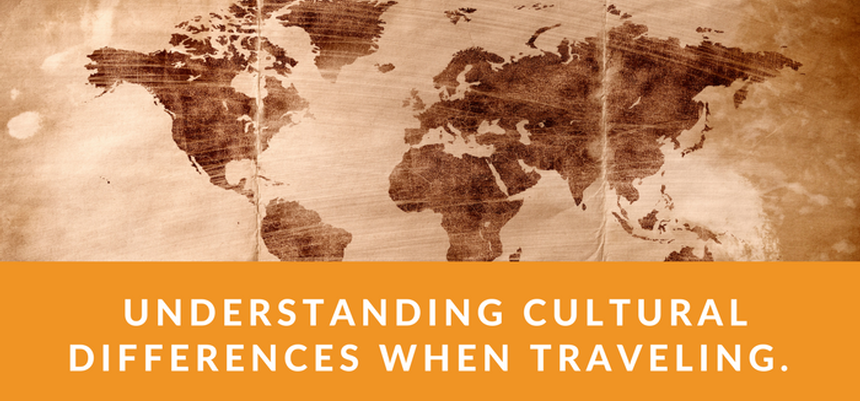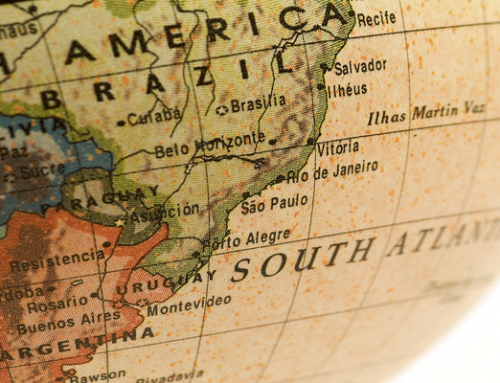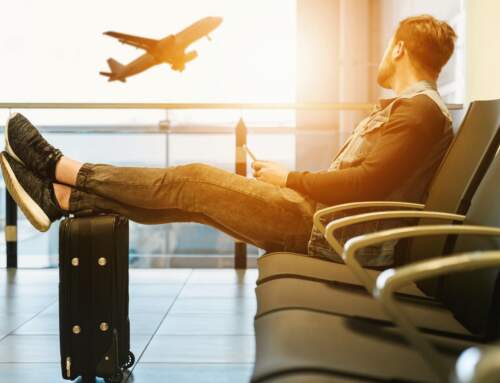With the World becoming a much smaller place to conduct business, and simple travel solutions readily available to many, it is vital that travelers have at least a fundamental grasp of the different cultures they will experience in order to avoid basic faux-pas’. These easily avoidable errors can at best possibly damage potential, or existing relationships, and at worst increase the chances of conflict.
Although most people will be very understanding of some cultural mistakes, it does tend to set things off on the wrong foot and your valuable time is now spent on regaining the situation as opposed to doing what you are there to do.
As well as doing some research, online, completing some travel safety training and talking to those that have been to the country you are visiting, let us just take a moment to look at 5 countries and some idiosyncrasies that may assist you:
Japan
i. When you first meet, or say goodbye, a simple bow of the head downwards will normally suffice as a respectful acknowledgment, but do remember to look downward and not at your opposite number as you bow, this is simply demonstrating that you trust them.
ii. When giving or receiving business cards or gifts, use two hands to offer or accept. In Japanese culture, this gesture is saying that our relationship is greater than this gift.
Africa
iii. Although very understanding of gender discrimination, Africans tend to direct conversation and decision making questions to their male counter-parts, so although it can be a tad frustrating if you are a female business unit leader and are being ignored, attempt to politely re-explain roles and re-direct the meeting towards the person who is actually the senior team member regardless of gender.
iv. Things in Africa do tend to run at a slightly slower pace than we in the West maybe used to, but just accept that this is the way things are done here. The worst thing you can do is become negative about this, many Africans will perceive this as rudeness and impatience, so just smile and remain polite, things will happen!!
China
v. It is a wise idea to remember to wear socks or tights without holes when in China, as more often than not you will be required to remove footwear in the presence of your hosts at some point due to Chinese culture either within an office, home or temple. Naturally it could be rather embarrassing if, as a friend of mine once experienced, you have ‘Homer Simpsons’ face displayed on your ‘below the shoe line’ socks in front of various Chinese energy ministers and business associates!!
vi. Also leading on from feet in general, it is considered extremely disrespectful if your hosts (or others) see the soles of your shoes/feet. So if you are sitting down do not cross your legs so much so that your sole points towards people. If your hosts are moving about, then it can prove quite a challenge to sit comfortably and avoid displaying the underside of your feet!!
India
vii. Similarly to Africa, business tends to be conducted at a slower pace, so don’t be too surprised that you may have to revisit the Indian company several times before you observe any serious movements. Remain polite but firm when trying to achieve your objective.
viii. Only use your right hand to shake hands, pass money or touch anything as the left hand is considered very unclean and therefore can easily cause offence if used.
Saudi Arabia
ix. Dress etiquette in Saudi Arabia is crucial to understand, for as well as offending your local host if dressed inappropriately, just displaying your shoulders or knees may lead to arrest, physical punishment and/or a custodial sentence. Do ensure that you cover up as much as possible until a deeper awareness of these clothing requirements is gained.
x. During conversations and meetings, Saudi Arabian will generally stand much closer to you than we in the West maybe used too, so don’t try and create space between you and your host as this is considered rude.
Prior Preparation and Planning
One of the key aspects to travel safety and security is research. As part of the prior preparation and planning before departure we advise travelers via our online travel safety training to thoroughly research their destination – click here to learn more about what to research for travel safety. The same runs true for business travelers working towards successful outcomes during their travels. The slightest faux-pas, or indifference to cultural sensitivities can paint a negative image and perhaps affect the outcome of your trip.






